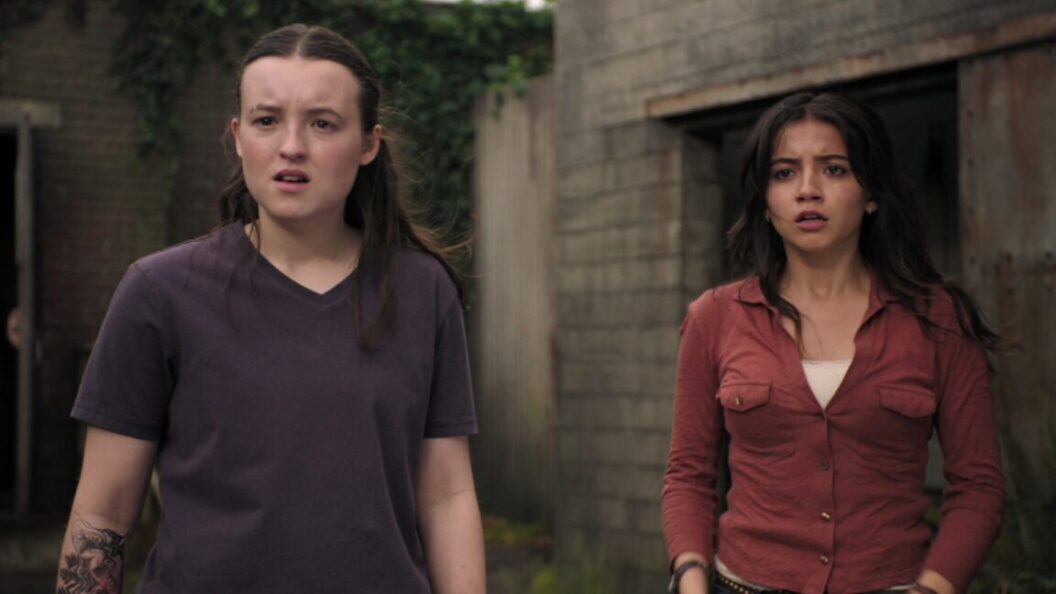Recap of "The Last of Us" Season 2: Episode Insights
The second season of HBO’s "The Last of Us" continues to captivate audiences, with new episodes premiering every Sunday. Recent discussions by Kyle Orland and Andrew Cunningham highlight intriguing plot developments while navigating the emotional complexities of the post-apocalyptic world. Their recaps acknowledge substantial spoilers, urging viewers to watch the episodes first for full context.
Opening Scene: FEDRA Agents and Implications of Power
This episode opens with a focus on FEDRA, the militarized remnant of the U.S. government, set against the backdrop of a dystopian Seattle in 2018. The characters, depicted as casual yet cruel, reference the concept of voters mockingly—highlighting the system’s disdain for democracy. Orland reflects on the unsettling nature of these attitudes amidst a storyline meant to entertain, expressing that such depictions resonate with current political climates.
Andrew expands on this, noting the rarity of FEDRA’s appearances throughout the show and reminding viewers of its oppressive nature. He introduces a character portrayed by Jeffrey Wright, whose betrayal of the FEDRA agents establishes a complex morality; he embodies both a man with a code and a figure of fear.
Character Development and Musical Interlude
Ellie’s character development proves significant in this episode, especially regarding her musical talent. When she discovers an abandoned guitar room, Orland critiques the lengthy cover of an A-Ha song as detracting from the episode’s pacing. He suggests it could have served as a lighter interlude but falters in execution.
Andrew counters by acknowledging the plausibility of the guitar’s condition due to silica gel packets, despite a campy plot device. Both commentators agree on the show’s effective nostalgia, particularly throughout Ellie’s musical choices stemming from Joel’s influence.
Violence and Ethical Complexity
As the episode unfolds, the graphic depiction of violence escalates. Orland mentions a particularly grisly scene involving torture, asserting it surpasses previous graphic content displayed in the game. Andrew concedes that while the scene may appear gratuitous, it serves a purpose: to emphasize Isaac’s ruthless character in contrast to the main protagonists, Ellie and Dina.
Their conversation deepens, examining the internal conflicts between the Washington Liberation Front (WLF) and the enigmatic cultists, revealing that even within the chaos of war, factions face their own internal struggles.
Pacing Issues and Narrative Techniques
Discussion shifts towards the pacing of action sequences, particularly the frequent zombie attack scenes. Orland notes that while thrilling, these moments might benefit from a more judicious placement, suggesting they sometimes overshadow deeper character exploration.
The pair also delves into Dina’s potential pregnancy, using it as a narrative tool that juxtaposes light-hearted moments against brutal realities. This aspect generates a mix of anticipation and concern about how the show will handle themes of parenthood amid apocalyptic horror.
Jazzing Up the Adaptation
Orland likens the series’ evolution to a jazz improvisation of the original game’s plot; elements are creatively rearranged rather than strictly followed. This free-form approach elicits mixed reactions—while it breathes new life into established characters and story arcs, it sometimes risks coherence. Andrew appreciates the moments that resonate and assures that echoes of the game persist, ensuring some continuity amid innovation.
The episode concludes with Ellie and Dina embarking on a dangerous journey, heightening the stakes as they seek information about Abby, a pivotal character. This creates a critical transition into what challenges lie ahead, emphasizing the ongoing struggle between different factions.
Significance and Contextual Analysis
Season 2 of "The Last of Us" continues to explore complex themes of power, morality, and survival in a richly developed world. As the storyline unfolds, the exploration of character dynamics and the impact of their choices take center stage. This particular episode serves as a testament to the narrative’s depth, intertwining moments of levity with stark reminders of the harsh realities of their existence.
Through continued character development, intense action sequences, and ethical quandaries, the series remains a powerful examination of the human condition in extreme circumstances. Audiences are left eagerly anticipating the implications of each episode as characters navigate their intertwined fates in an unforgiving world, reminding viewers of the fragility of hope amid despair.









